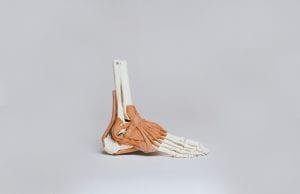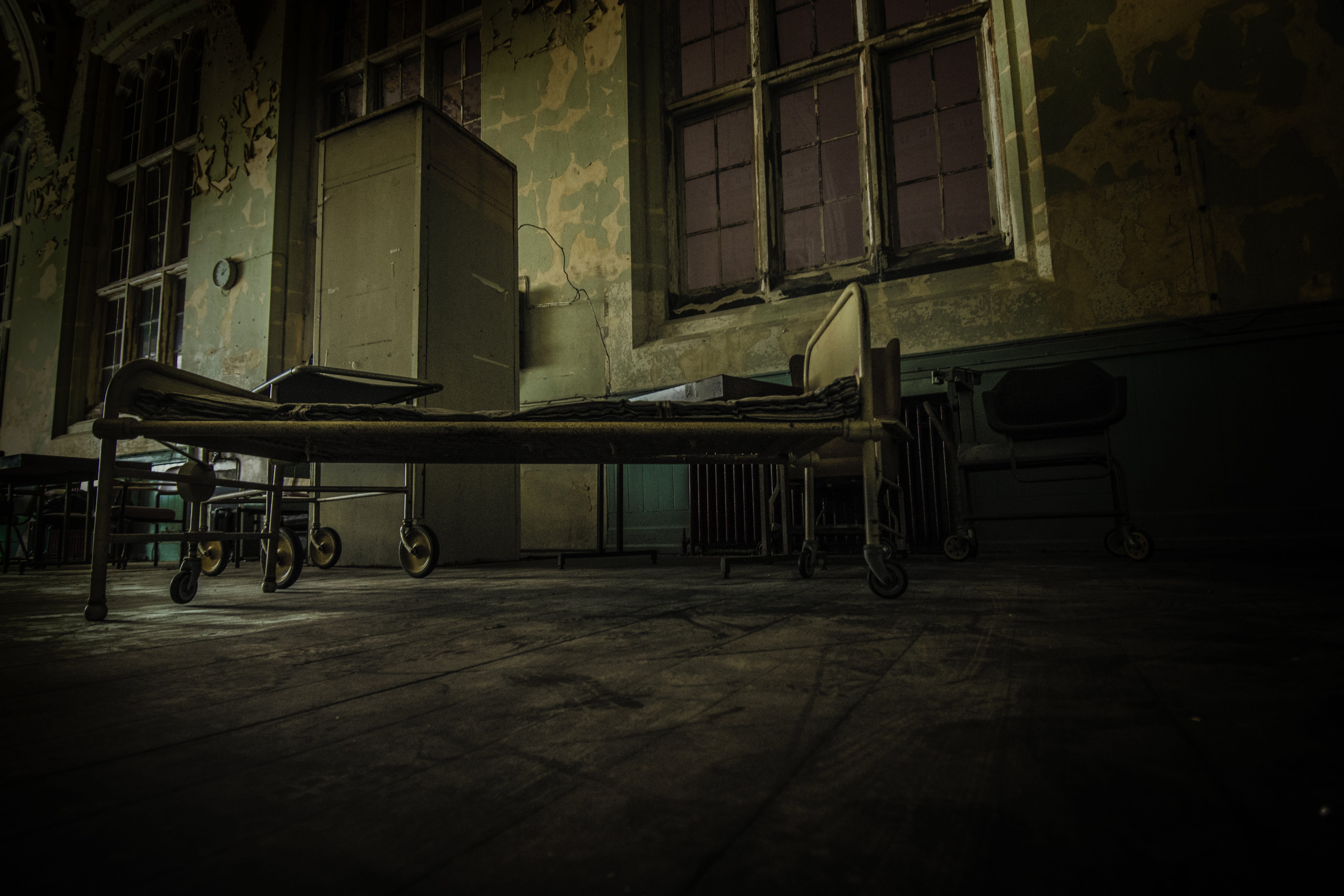Relatives thoughts they were donating their loved ones remains for medical research, but federal agents found this wasn’t the case.
The Biological Resource Center was raided by federal agents in January 2014 and what they found was more than shocking – piles of dead bodies, buckets of body parts. Families who thought they were donating the corpses of deceased loved ones to medical researchers searching for cures for well-known diseases were horrified. Now, thirty-five relatives of those whose bodies were donated the scientific research center in the four-year span between 2010 and 2014 have filed a lawsuit against the officials who worked there.
A civil lawsuit, which was first filed in 2015, has been amended on multiple occasions and is scheduled to finally be resolved this fall. The loved ones alleged Biological Resource officials “deceived relatives who donated the remains of their loved ones and the company conspired to traffic bodies and body parts for profit,” according to the filing.
In January 2014, FBI agents spent a week at the research center, which was immediately shut down after their raid. In a statement given in May, Mark Cwynar, a former assistant special agent in the FBI’s Phoenix, Arizona, office, testified he “saw body parts stacked in all parts of the facility, including many in freezers, without any tags identifying them.” He also discovered “a bucket full of heads, arms, and legs” and “one torso had its head removed and a smaller head was attached in a ‘Frankenstein’ manner,’” he said, with the “torso…hung from a wall.”

The relatives have claimed the center would “mutilate and desecrate those bodies so they could sell the bodies and body parts for profit to enrich themselves.” They’ve contended they “checked a box on a form that said, ‘No, I do not authorize Biological Resource Center to use this bequest for such special non-medical projects.’”
Bodies were sold to the U.S. Department of Defense, according to the lawsuit, which stated further, “These bodies were literally used as crash test dummies, which meant they were used in experiments involving exposures to destructive forces, e.g. impacts, crashes, ballistic injuries and blasts.” The lawsuit states there is evidence of this use that was obtained via an investigation by the Arizona Attorney General. In 2016, the military said it reviewed “heavily redacted forms or forms signed by an agent of BRC that indicated consent.”
Troy Harp, one of the plaintiffs, donated the corpses of his mother and grandmother only for research purposes and expressly stated he did not want them to be used in any other manner. “Not for a morbid dissect Frankenstein party,” he said, adding that Biological Research Center sent each donor ashes of their loved ones, but, “We don’t even know who we have in our boxes. None of us do.”
Attorney Michael Burg feels for the plaintiffs, stating, “This is a horrible situation where these vulnerable people are taken advantage of.”
Stephen Gore, the former owner and operator the center, pleaded guilty to one count of illegal control of an enterprise in 2015 and received four years of probation. Other higher-ups were also named in the filing, and a status conference is slated for August 13. The trial is tentatively scheduled to begin October 21.
Sources:
Dismembered limbs sewn together like ‘Frankenstein’ at body-parts donation center, FBI found


Join the conversation!